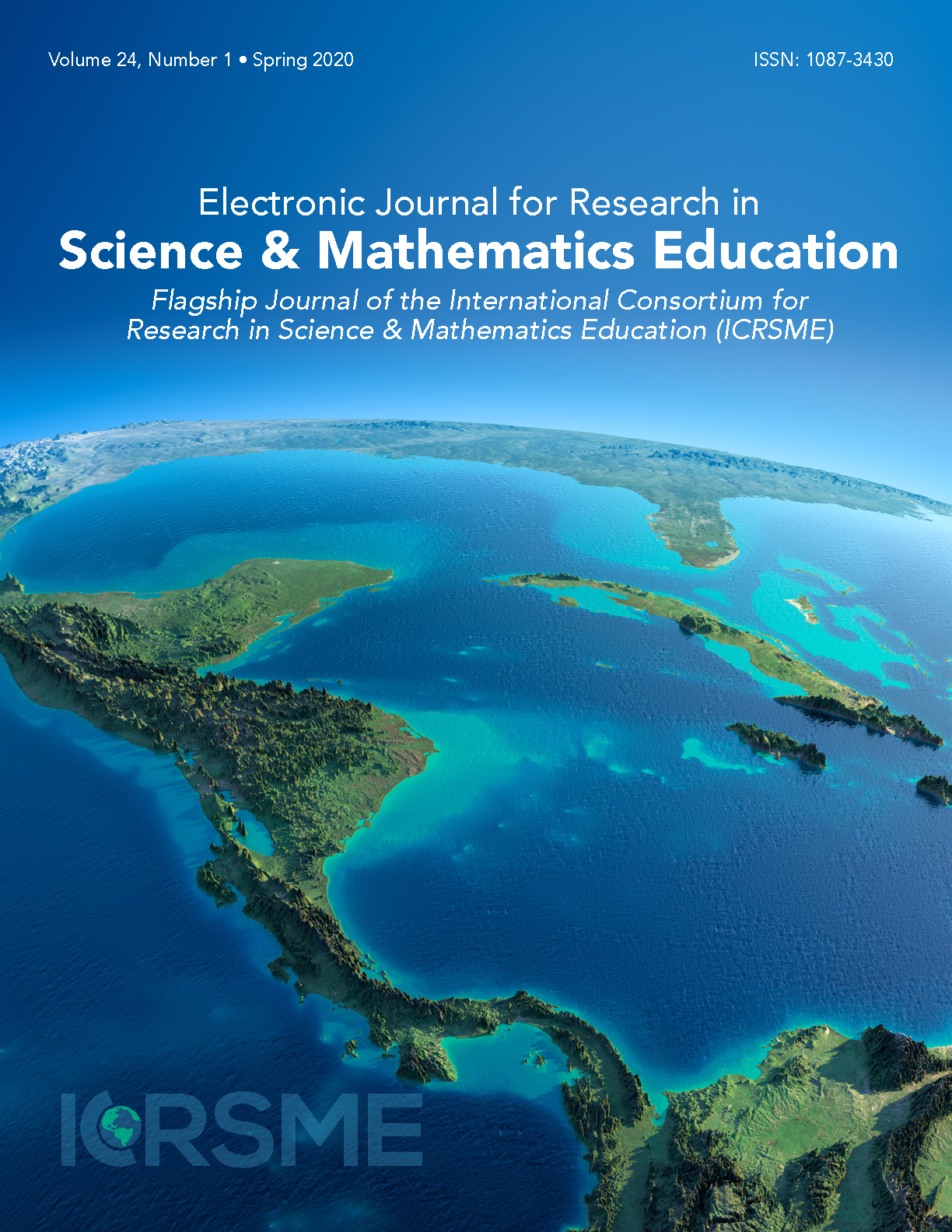An Analysis of Teacher Candidates’ Scientific Perspective Among Different Student Groups
Main Article Content
Abstract
Studies indicate teachers’ beliefs about their scientific epistemological views (SEVs) influence their instructional practices. In this study, we measured the SEVs of 291 undergraduate students, emphasizing comparisons based on teacher candidacy status (yes/no) and mathematics/science content area (yes/no). These comparisons examined the role that teacher preparation programs play in the development of future teachers’ SEVs. Results indicate that the mathematics/science teacher candidates had, on average, higher SEV scores (more constructivist view of the nature of scientific knowledge rather than a more empiricist view) than their non-mathematics/science and non-teacher candidate counterparts. They also had higher scores on most SEV domains. Implications of measuring college students’ SEV and its potential impact on teacher preparation programs are discussed.
Article Details
© 2025 Electronic Journal for Research in Science & Mathematics Education (EJRSME)
